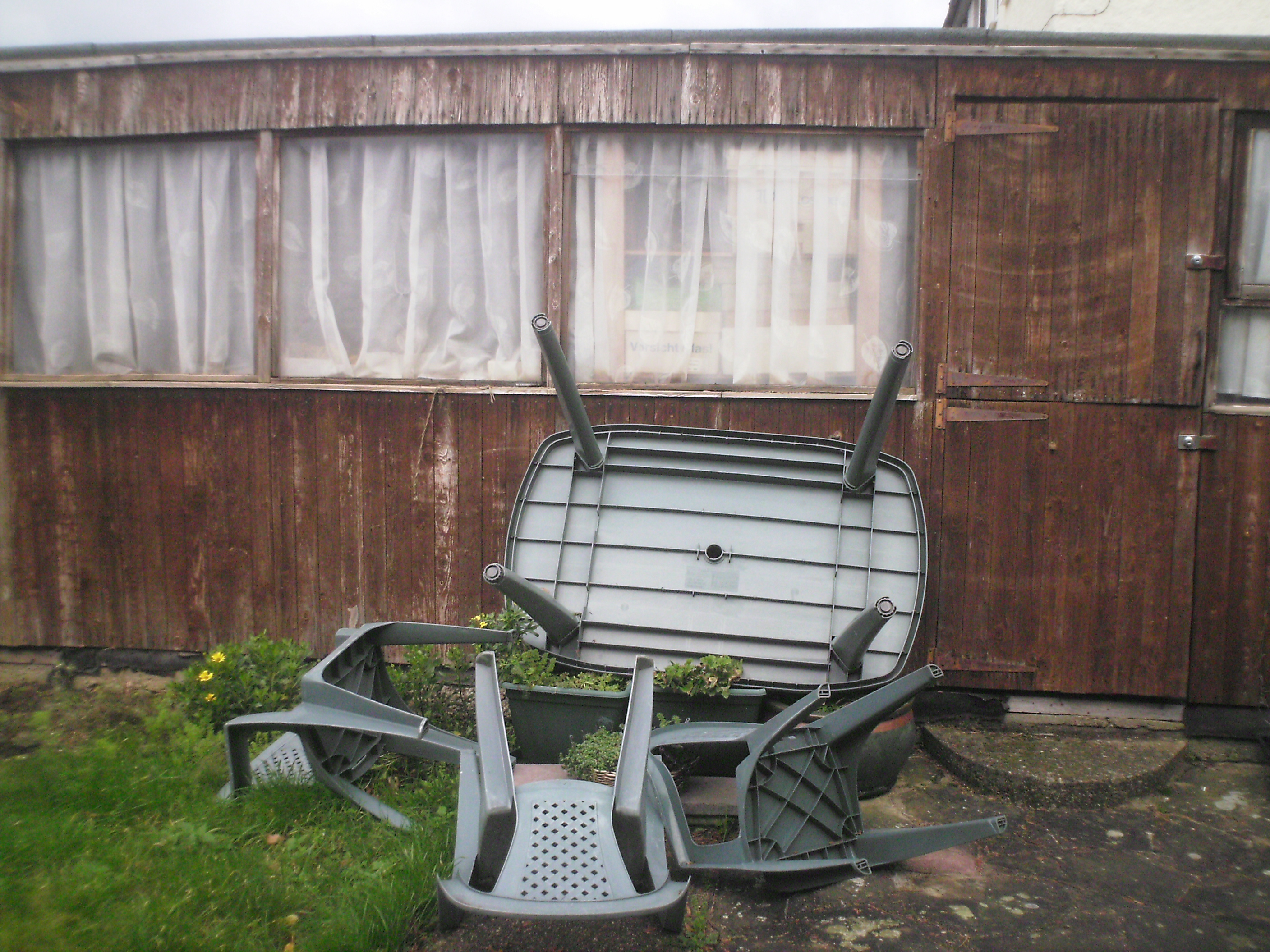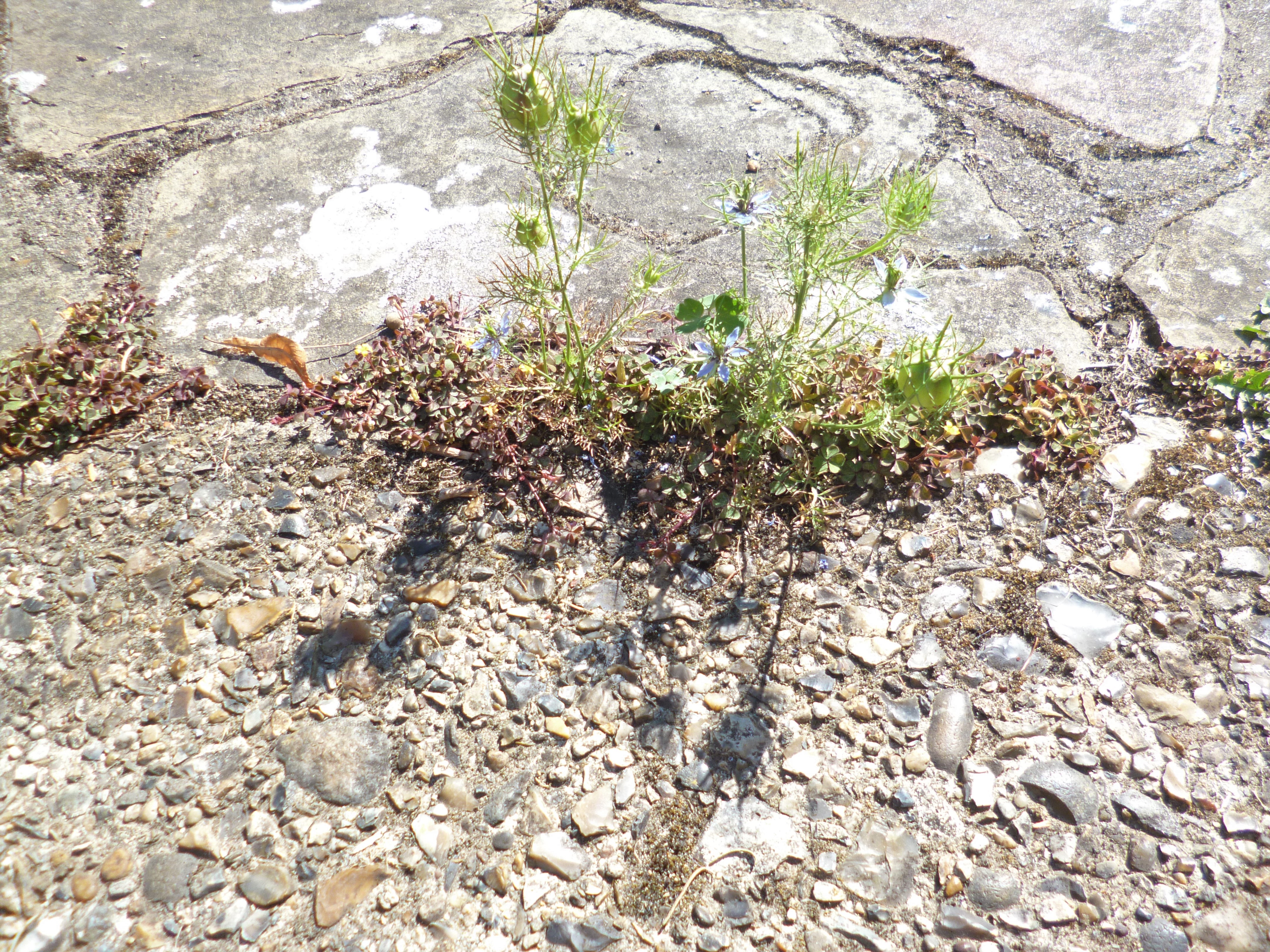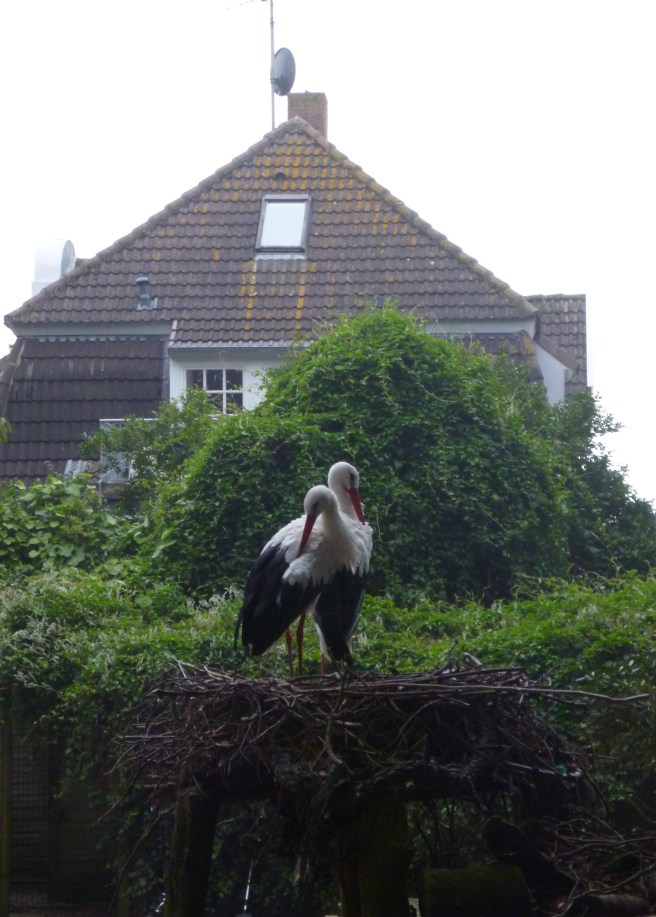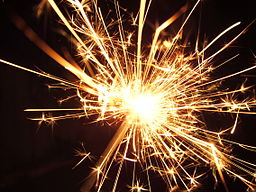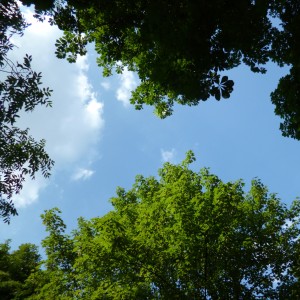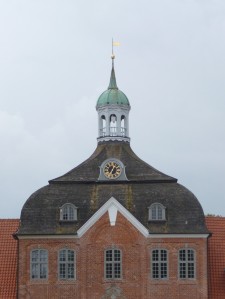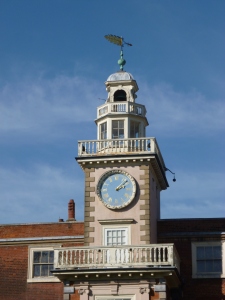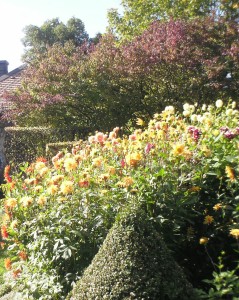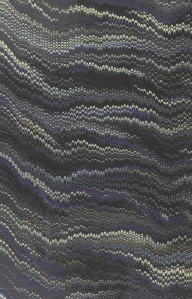Mitte des Lebens
Das Leben hatte Überfluß versprochen
und sog dich an, ein buntes Labyrinth;
schon mittendrin hat es sein Wort gebrochen,
und deine Klagen stürzen in den Wind.
Was auch von heute an geschehen möge,
mag unerwartet sein und wunderbar,
du magst’s als Lust erfahren oder Segen,–
doch ist es nicht, was dir verheißen war.
Die Zeit flieht schneller, immer schneller hin,
und desto mehr, je weniger verbleibt…
Die Hoffnung, die doch unerschöpflich schien,
verkehrt sich langsam doch in Bitterkeit:
Denn zuviel Tun und Trachten war vergebens
– auch jenes, das vernünftig war und rein –
und wird es bleiben, trotz geballten Strebens,
und war vergebens schon von vornherein.
Christina Egan ©2013
alles ist möglich
nicht alles ist glücklich
nicht alles ist richtig
doch alles ist wirklich
und alles ist wichtig
nicht alles ist füglich
nicht alles ist fertig
doch alles ist möglich
und schon gegenwärtig
Christina Egan ©2011
Two philosophical poem with few images.
The first one surveys someone’s life, with joys and blessings and surprises still ahead, but with prospects already limited and some hopes crushed.
The second poem breathes awareness, acceptance, confidence: “Everything is important… Everything is possible”! Is it about life in the moment?

